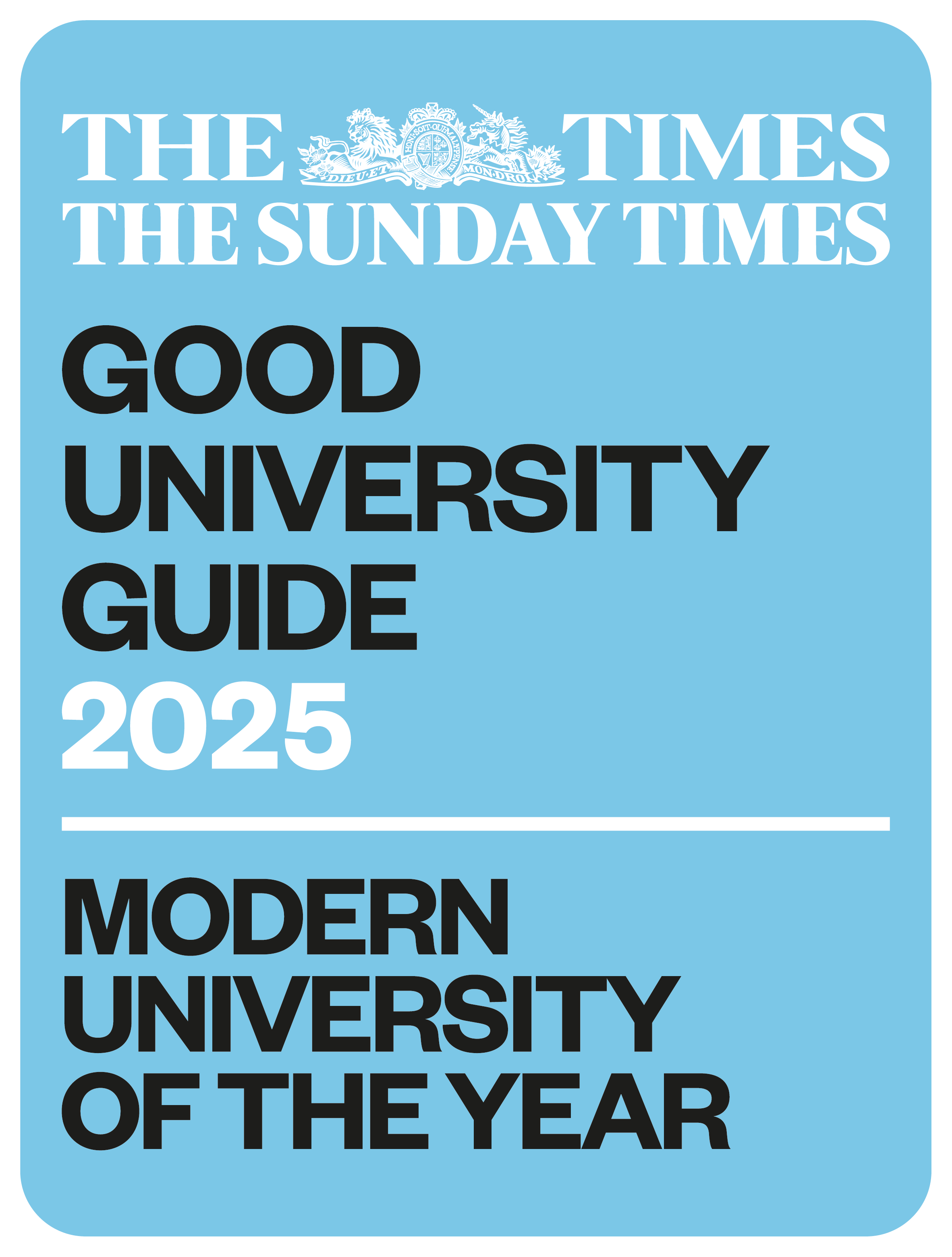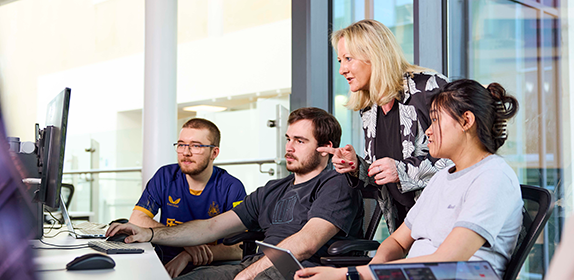Complete your degree and enhance your employability with our
full-time Computing (Top-Up) BSc (Hons) course, designed specifically for students
who already hold a Foundation Degree, HND, or equivalent qualification in
computing or a related field.
This one-year course builds directly on your
existing knowledge, allowing you to gain a full UK honours degree while
developing the future-facing technical and project skills that employers value
most.
Whether you're progressing from a UK partner college or joining us from
overseas, this course offers a fast, practical and academically robust route to
the next stage of your career. You can explore modern methods of software
development - including AI-enhanced programming - while expanding your
understanding of key topics such as data security, governance, and ethical computing
practices.
This course combines team-based software projects with a personal,
research-focused computing project, ensuring you graduate with both technical
fluency and applied experience. You can also choose one specialist module in
topics such as Cloud Computing, Big Data, Machine Learning, or UX, allowing you
to tailor your learning to your career interests.
 Option for Placement Year
Option for Placement Year Option for Study Abroad
Option for Study Abroad











